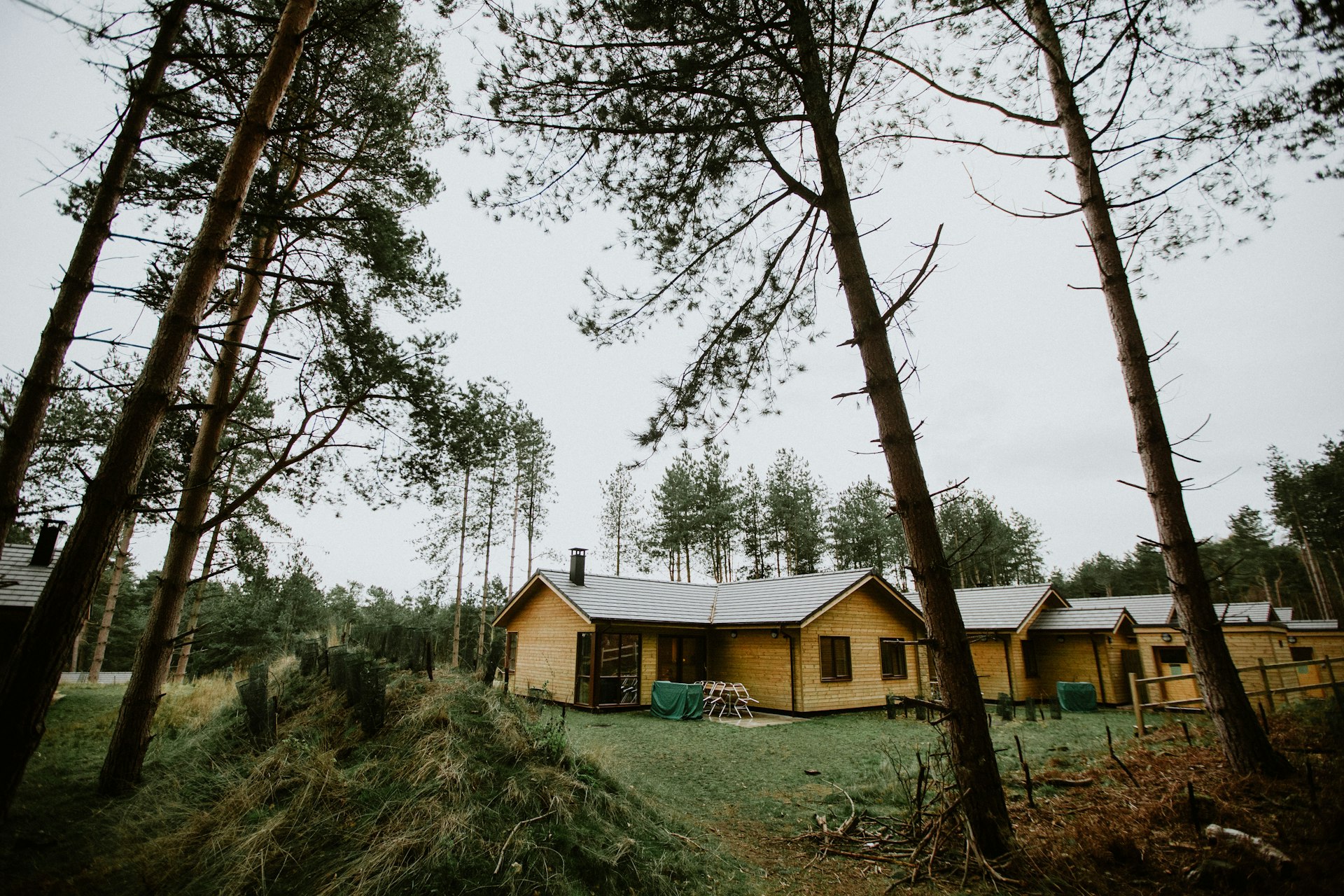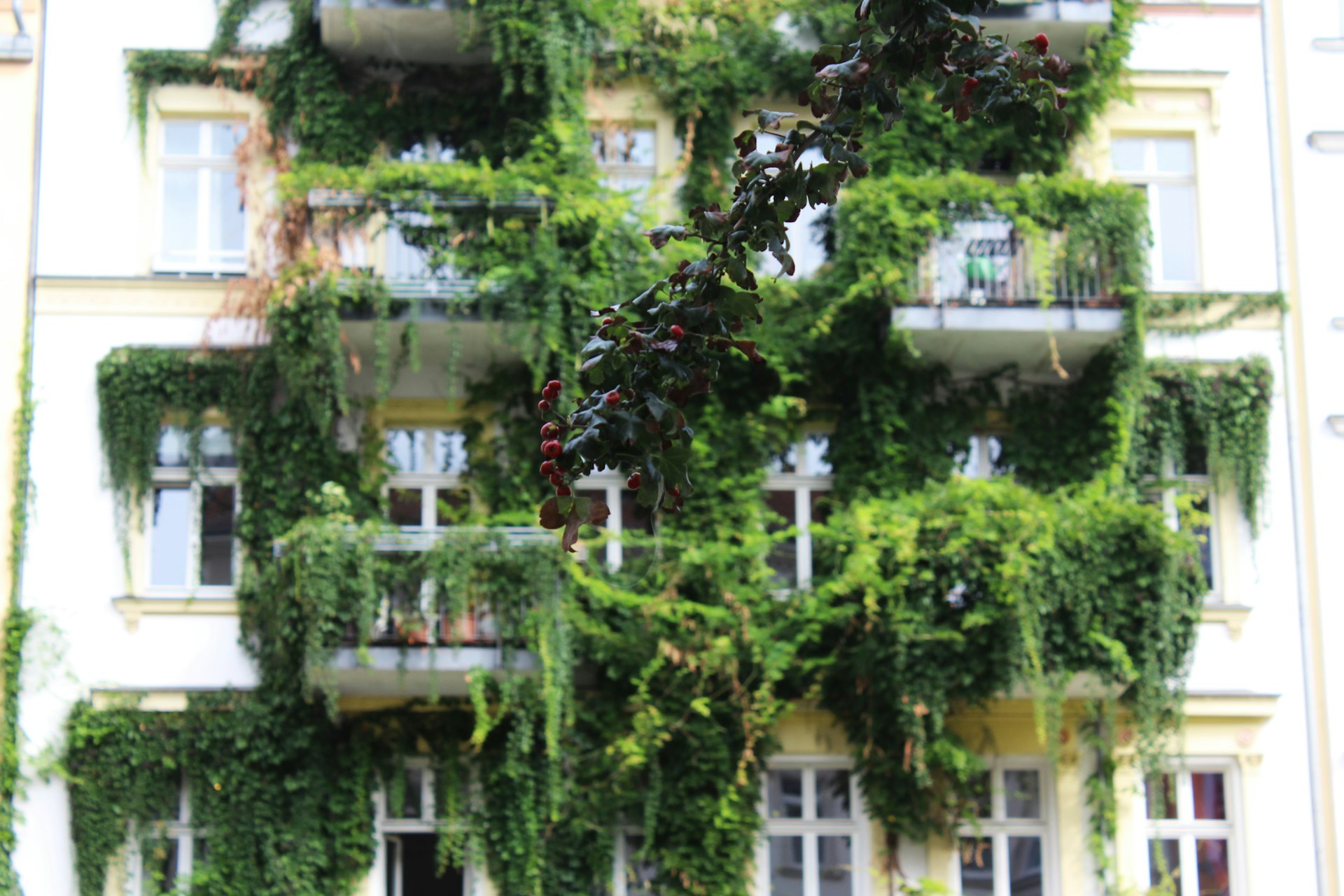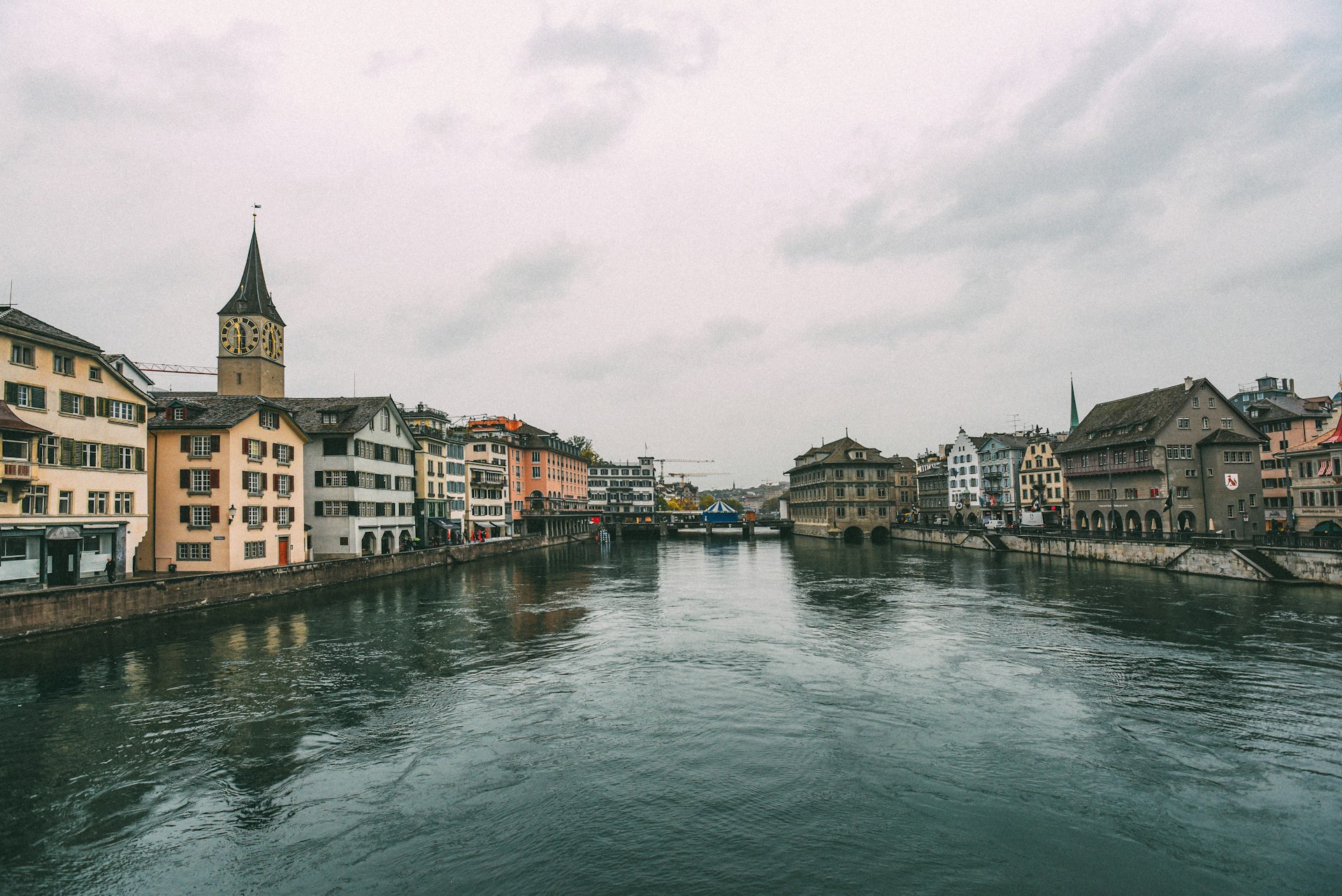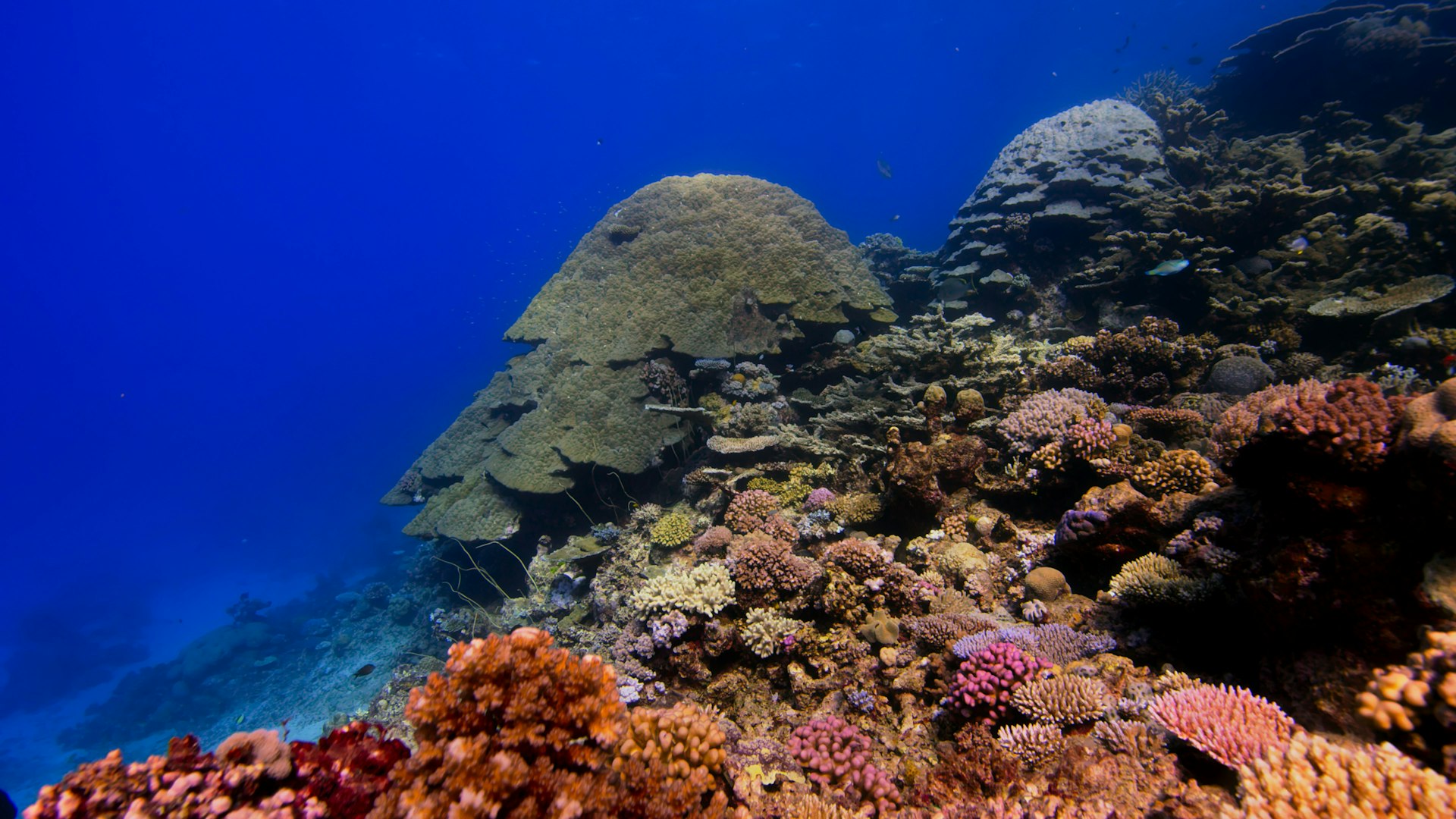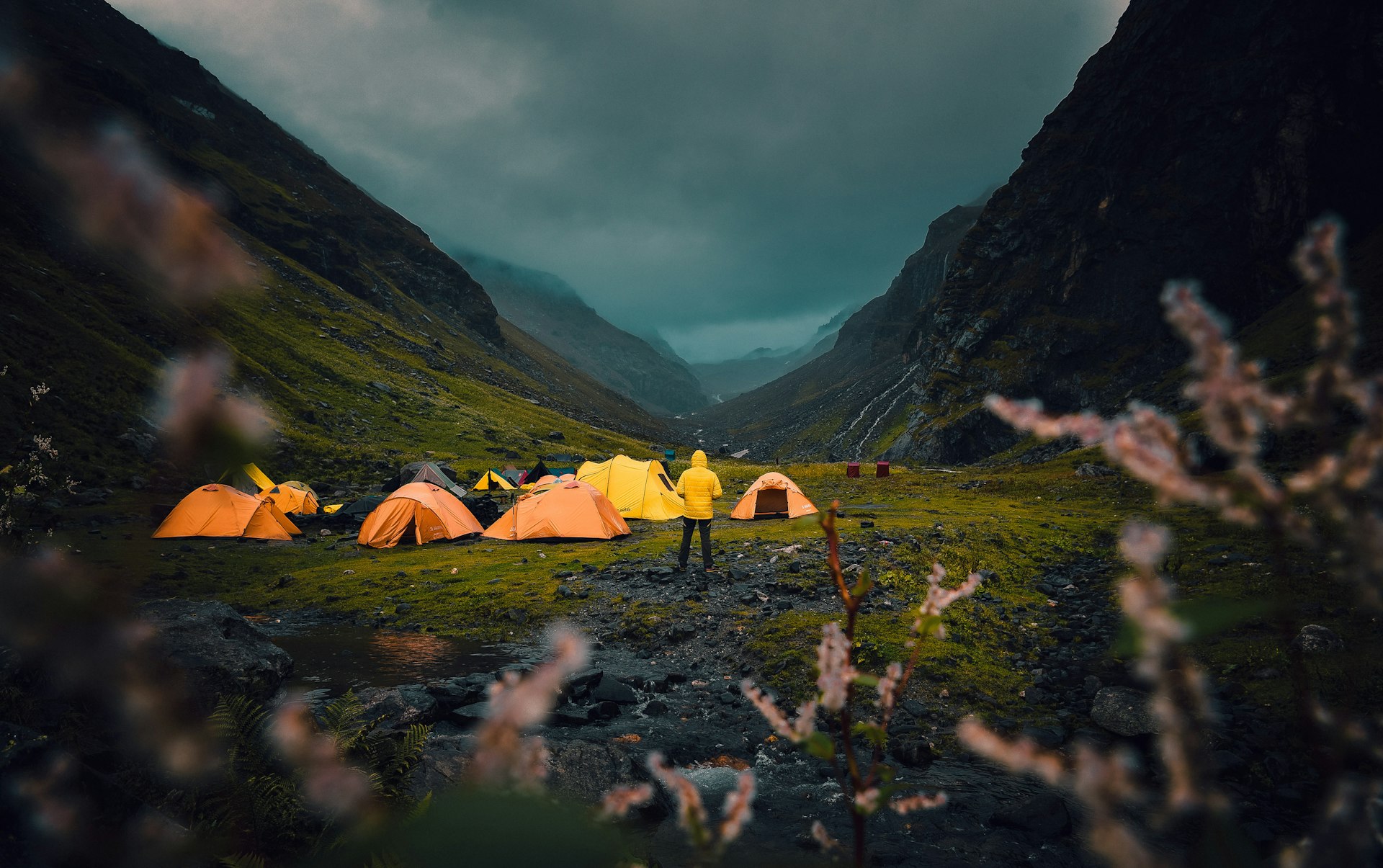Discover Sustainable Eco-Lodges in Rainforests and Jungles: A Guide to Unforgettable Green Getaways

Photo by Cecelia Chang on Unsplash
Introduction to Eco-Lodges in Rainforests and Jungles
Eco-lodges in rainforests and jungles offer travelers a unique opportunity to immerse themselves in some of the world’s most vibrant and biodiverse environments, while supporting responsible tourism and conservation. These distinctive accommodations are designed to minimize their ecological footprint, often through sustainable construction, renewable energy, and community partnerships. Whether you seek adventure, relaxation, or wildlife encounters, eco-lodges provide a harmonious blend of comfort, education, and environmental stewardship.
What Makes an Eco-Lodge Unique?
Unlike conventional resorts, eco-lodges prioritize environmental protection and cultural sensitivity. Many are constructed with locally sourced, sustainable materials and employ advanced waste management and water conservation systems. Some even operate entirely off-grid, utilizing solar power or other renewable sources. Guests can expect organic, locally sourced cuisine, guided wildlife tours led by local experts, and hands-on educational experiences that promote conservation. For instance, SCP Corcovado Wilderness Lodge near Costa Rica’s Corcovado National Park uses biodegradable products and supports biodiversity through eco-friendly infrastructure [1] .
Top Rainforest and Jungle Eco-Lodges Around the World
There are numerous exceptional eco-lodges across the globe, each offering a unique experience tailored to their distinctive surroundings. Here are some noteworthy examples:
SCP Corcovado Wilderness Lodge, Costa Rica
Nestled near the Corcovado National Park, this private lodge is renowned for its immersive jungle experiences and dedication to sustainable tourism [1] . Guests can participate in animal-friendly tours, explore pristine rainforest trails, and enjoy beachside tranquility-all while supporting local conservation efforts.
Mashpi Lodge, Ecuador
Located within a 1,300-hectare reserve in the Choco cloud forest, Mashpi Lodge is celebrated for its panoramic views, contemporary design, and deep commitment to biodiversity preservation. A significant portion of staff are from local communities, ensuring that tourism revenue benefits the region directly [2] , [4] .

Photo by MChe Lee on Unsplash
Napo Wildlife Center, Ecuador
Situated in Yasunà National Park, the Napo Wildlife Center blends comfort with sustainability. The lodge is managed by the local Kichwa Añangu community, and all proceeds are reinvested in renewable energy, healthcare, and education projects. Wildlife enthusiasts can observe rare species in one of the Amazon’s most pristine environments [2] .
Pacuare Jungle Lodge, Costa Rica
This lodge offers rustic luxury within 740 acres of preserved rainforest. Guests can enjoy canopy tours, wildlife spotting, and river rafting, all while experiencing the protection and rejuvenation of primary forest [3] .
Refugio Amazonas Lodge, Peru
Located in the buffer zone of the Tambopata National Reserve, Refugio Amazonas provides guided wildlife tours, wellness treatments, and opportunities for citizen science. The region is home to macaws, monkeys, and countless bird species, making it ideal for nature lovers [5] .
Yacutinga Lodge, Argentina
Surrounded by 570 hectares of protected Misiones Rainforest, Yacutinga Lodge offers rustic accommodations and expert-guided tours. Its proximity to Iguazu Falls makes it a convenient base for exploring both natural wonders and local cultures [3] .
How to Book a Stay at an Eco-Lodge
Securing a reservation at a genuine eco-lodge involves several steps:
- Research lodges using official travel guides, reputable tour operators, or specialized eco-lodge directories. Be sure to verify the authenticity and sustainability credentials of each lodge by reviewing independent reviews and looking for recognized certifications (such as Rainforest Alliance or Green Globe).
- Contact lodges directly via their official websites or by phone for the latest availability, pricing, and package options. Many eco-lodges operate seasonally or have limited capacity to minimize environmental impact, so booking well in advance is recommended.
- Prepare for your trip by reviewing recommended gear lists, vaccination requirements, and travel advisories. Lodges often provide detailed packing suggestions and can arrange transportation from major cities or airports.
- Consider using established travel agencies that specialize in eco-tourism, such as Jacada Travel or Kuoda Travel, which offer curated experiences and vetted accommodation options [3] , [2] .
Benefits of Choosing Eco-Lodges
Staying at an eco-lodge delivers a range of personal and environmental benefits:
- Wildlife Encounters: Lodges are typically located in remote, high-biodiversity areas, offering guests a chance to observe rare and endemic species in their natural habitats [1] .
- Community Impact: Many eco-lodges employ local staff and reinvest profits into nearby villages, supporting education, healthcare, and sustainable development [2] .
- Conservation Support: Your stay contributes to the protection of threatened ecosystems and species, as proceeds fund conservation initiatives and scientific research [4] .
- Personal Growth: Immersive experiences, such as guided nature walks, birdwatching, and cultural exchanges, foster a deeper connection to the planet and encourage long-term sustainability practices.
Challenges and Considerations
While eco-lodges present many rewards, there are important factors to keep in mind:
- Accessibility: Many eco-lodges are in remote locations, requiring boat, small plane, or 4×4 transport. Confirm logistics with the lodge and allow for travel flexibility.
- Comfort Level: Accommodations may be rustic compared to traditional hotels, but prioritize sustainability and immersion over luxury. Some lodges offer upscale amenities, while others are more basic.
- Seasonal Variations: Weather, wildlife activity, and accessibility can vary by season. Research the best times to visit for your preferred activities and prepare for local climate conditions.
Alternative Approaches to Finding Eco-Lodges
If you are unsure about where to start, you can:
- Use search terms like “certified eco-lodge,” “rainforest sustainable lodge,” or “community-based jungle lodge” in reputable search engines.
- Contact national tourism boards for recommendations on verified eco-lodges in your destination country.
- Request referrals from established environmental organizations or travel forums with a focus on responsible tourism.
Step-by-Step Guide to Planning Your Eco-Lodge Experience
- Define your destination and preferred ecosystem (Amazon, Central American jungle, Southeast Asian rainforest, etc.).
- Identify eco-lodges using trusted travel resources and check for sustainability certifications.
- Review guest experiences and independent reviews for insights into the quality and authenticity of the lodge.
- Contact the lodge directly to inquire about available dates, rates, and included activities. Ask about their environmental initiatives and community impact.
- Arrange transportation with the lodge or through local travel agencies, as many are only accessible by specialized means.
- Prepare by gathering necessary gear, confirming health and safety requirements, and familiarizing yourself with lodge policies.
Key Takeaways
Eco-lodges in rainforests and jungles present an unparalleled opportunity to connect with nature, support conservation, and experience responsible travel. By following the guidance above and prioritizing lodges with proven sustainability records, you can ensure your journey is both memorable and impactful. Remember to book early, verify all information through official or well-established sources, and embrace the adventure that comes with exploring the world’s most captivating wild places.
References
- [1] Ecolodges Anywhere (2024). 16 Most Sustainable Eco Lodges in Costa Rica.
- [2] Kuoda Travel (2024). 6 Best Amazon Jungle Lodges in Ecuador.
- [3] Jacada Travel (2024). Top rainforest and jungle lodges.
- [4] The Luxury Travel Expert (2024). Top 10 best rainforest hotels & jungle lodges in the world.
- [5] Tour The Tropics (2024). The Top 5 Luxury Amazon Lodges.
MORE FROM dealresult.com

